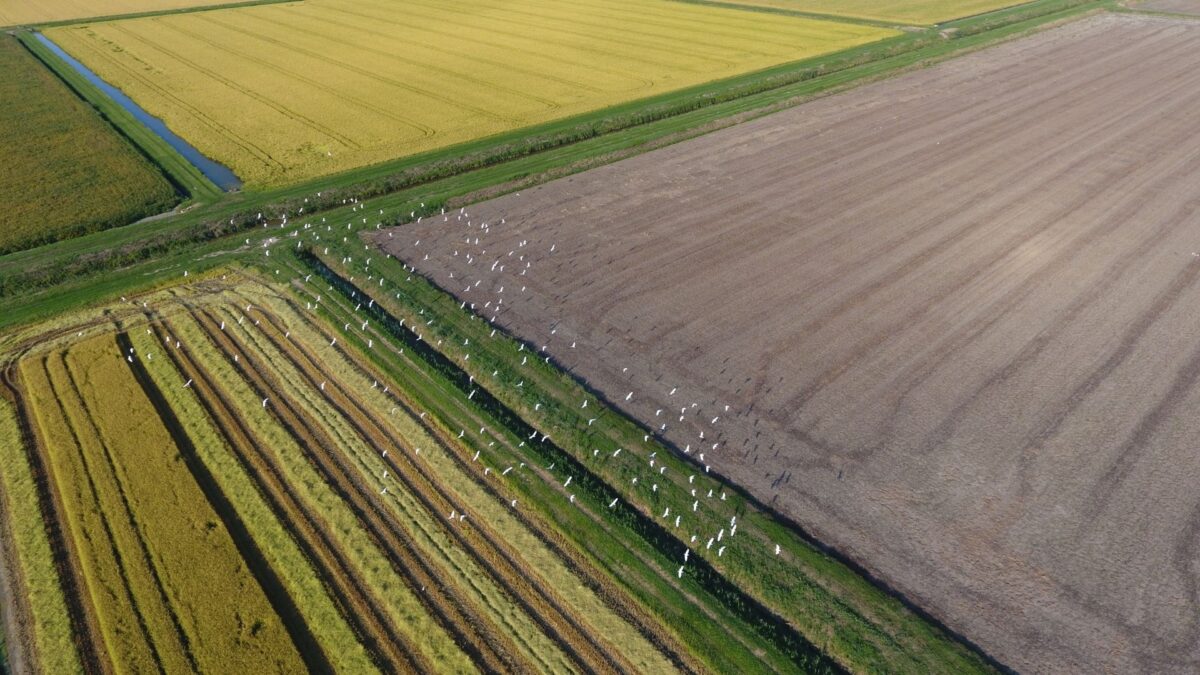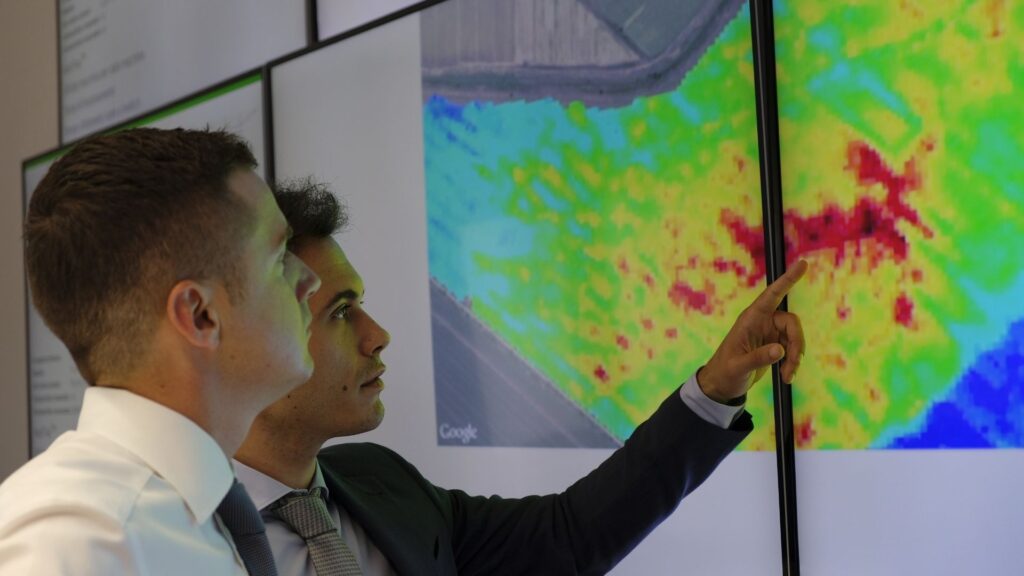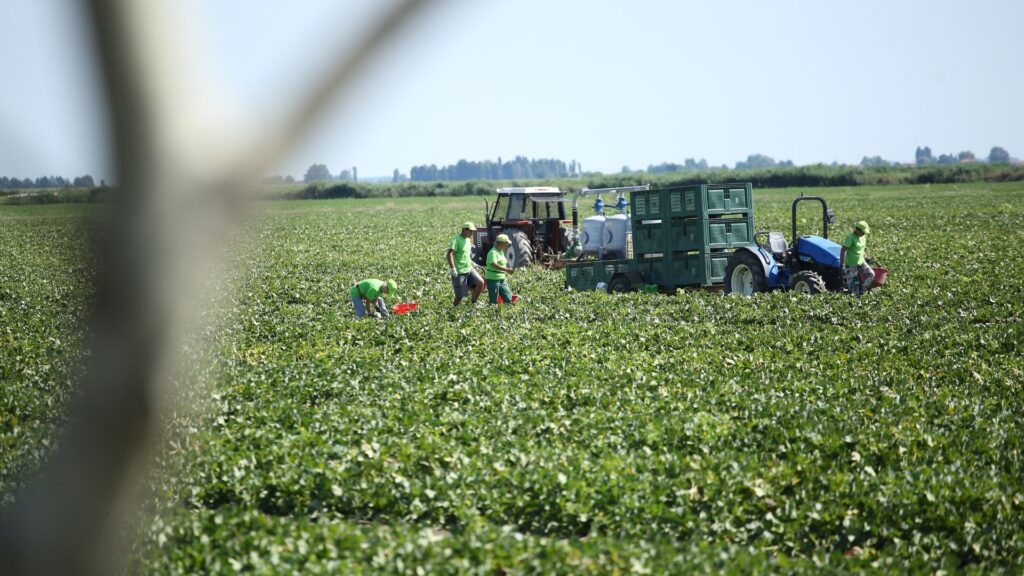An interesting programme by SuperQuark, the well-known Rai 1 broadcast, showed how the precision methods of agriculture used by the estates in the B.F. SpA Group (Bonifiche Ferraresi) are helping to produce crops that are healthy, tasty, sustainable and good for the environment. In the footage, technicians from IBF Servizi (a company in the BF Group) demonstrated the role of satellites and drones in intelligent agriculture to journalist Giovanni Carrada.
At what point does agriculture “become” smart? SuperQuark, the well-known scientific programme on Rai 1. Giovanni Carrada and his crew visited the huge agricultural holdings of the BF Group estate at Jolanda di Savoia near Ferrara, to learn about the techniques and benefits of this new form of agriculture. We talk a lot about “innovation“, a term with a multitude of meanings, but the video shot by SuperQuark explained in simple terms how precision agriculture works, and how it has become the final frontier for sustainable innovation in farming.
The process begins with the collection of data from space: the satellite is able to detect the makeup of the soil and subsoil, providing information every five days (in the case of the Copernicus Satellites) with regard to water content and crop growth. It is even able to detect the nutritional state of the plants which, as you can imagine, is not uniform throughout the fields. This allows farmers to modify their approach, choosing to treat or irrigate selected areas in different ways, and so avoiding unnecessary waste.
The Copernicus satellites can monitor land and crops in ways that would be considerably more costly and time-consuming if undertaken by humans. In the near future, the next generation of hyperspectral satellites will be able to provide us with considerably more data. As Mirco Boschetti, a researcher at CNR-IREA pointed out: “It will allow us to measure with greater accuracy the nitrogen content of crops, and the organic substances and mineral compounds in soil; but above all it will provide us with more information about the quality of crops, including micronutrients and wheat proteins.”
However, it is not sufficient just to have the information, it is also important to process the data, developing mathematical models that provide you with precise guidelines about what to do in the field. This process is managed by the technicians and agronomists in the BF Group, who develop customised “recipes” for every single operation – from fertilisation to irrigation – to ensure that only the necessary quantities of fertilisers and water are applied to each area. This results in considerable financial savings, while respecting the environmental balance of the land. Another great ally here is the drone, fitted with specially designed sensors. This can operate at shorter distances and detect the presence of parasites at an early stage, thus helping to reduce or avoid the use of agro-chemicals.
IBF Servizi offers farmers this service and many others, to help reduce production costs and increase environmental sustainability, while also improving the richness of the soil. This easily replicated model is now used on over 100,000 hectares of Italian land, and the company is already exporting it abroad, because, as Francesco Pugliese, Director of Research and Development IBF Servizi explained, “the goal is to have products that are healthier, better, more respectful of the environment and also affordable to all.”
The BF Group is showing its commitment to this objective by providing trainers and internships in this field, so that students can pursue master’s degrees in precision agriculture at six Italian universities, and so become a new generation of farmers. This generation will be able to reap all the benefits of intelligent agriculture, and help give greater value to the amazing bounty provided by Earth.



